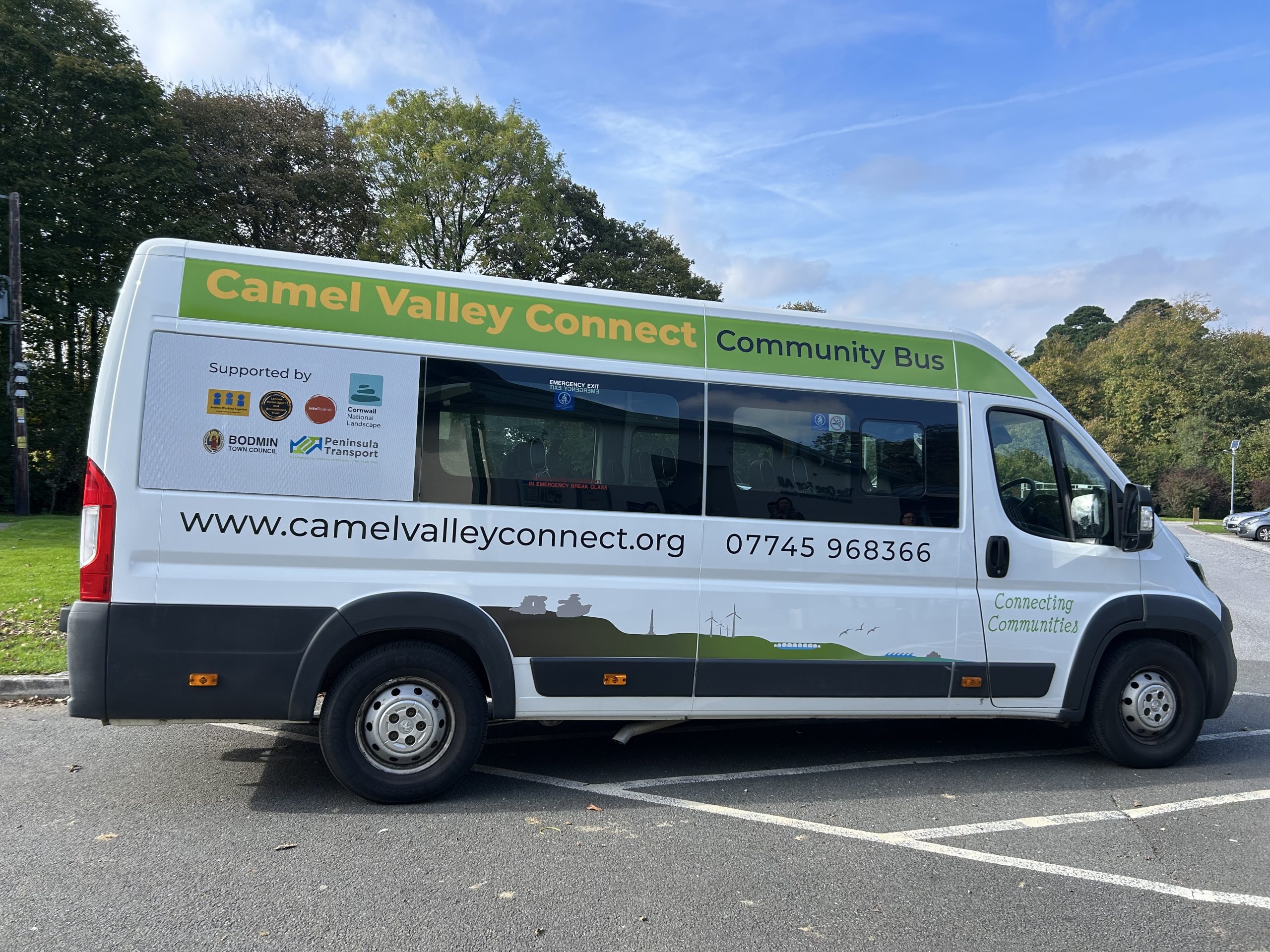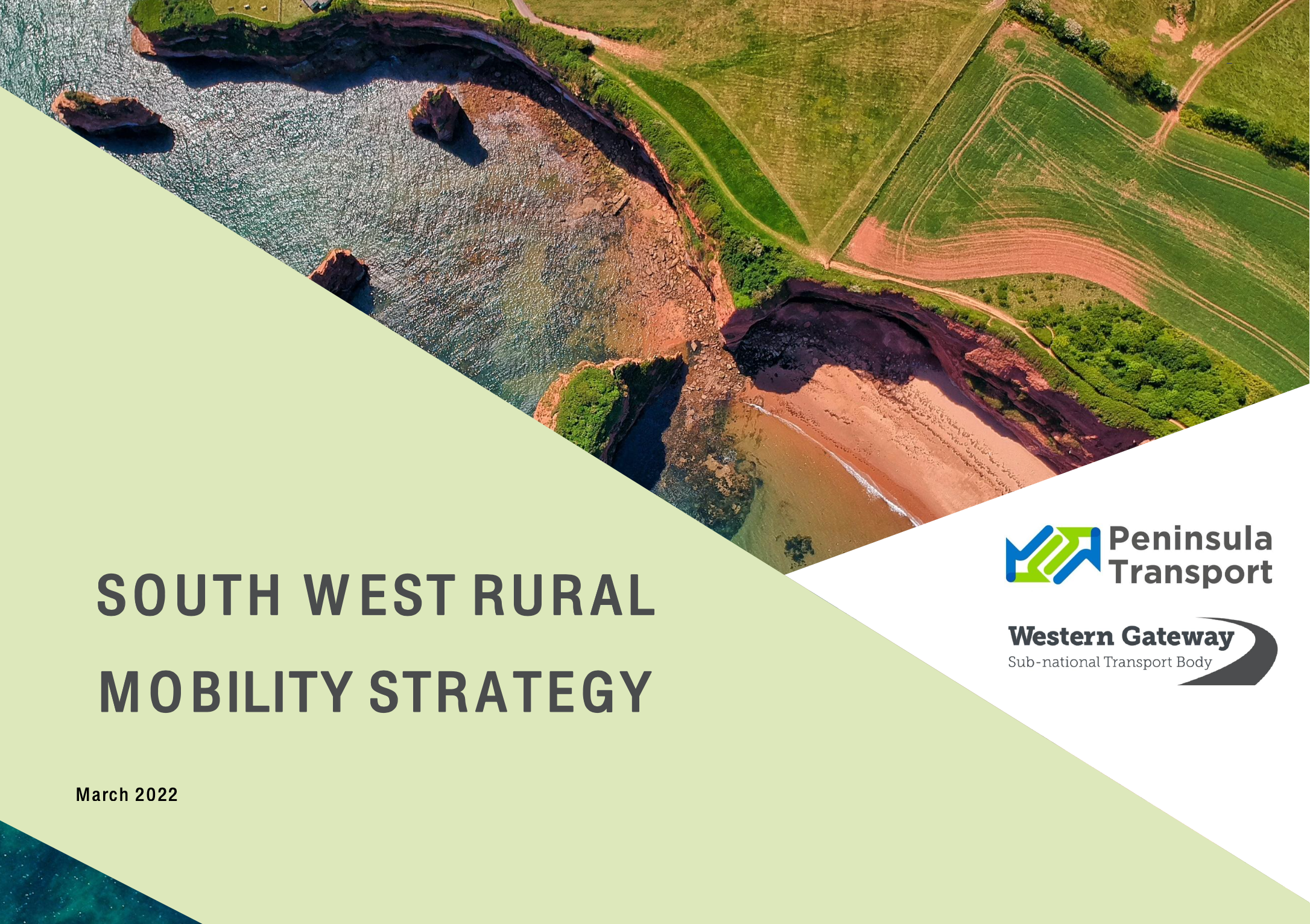Rural mobility
Rural Mobility Strategy
Around 17% of people in England live in rural areas — but in the South West, that figure rises to 33%. To address the unique challenges this presents, we’ve developed the South West Rural Mobility Strategy in partnership with the Western Gateway Sub-national Transport Body. This strategy sets out a shared vision for transforming rural mobility and delivering better, more accessible transport options for the communities that need them most
At its heart is the goal of delivering decarbonised, affordable, and publicly available transport, giving people greater choice and reducing reliance on private car journeys. Alongside this, digital connectivity and mobile services will play a crucial role, enabling more to be done without the need to travel.
The strategy is designed to tackle the specific challenges facing rural and coastal communities, helping them become better connected and more prosperous. It identifies where rural mobility issues are most acute and provides a framework for delivering solutions.
Prospectus for Pilot Projects
In the South West Rural Mobility Strategy, Peninsula Transport and Western Gateway Sub-national Transport Bodies identified a strong case for launching a programme of rural mobility pilot projects across the region.
In 2024, we awarded £50,000 to The Bodmin & Lanivet Rural Community Bus Scheme:
A pilot project to create a sustainable community led transport network. Coordinating three community buses, it will deliver regular, reliable routes and hireable services to connect rural villages, local amenities and key services in the vicinity of Bodmin.
We have also committed to fund new pilots throughout 2025 and 2026. Keep an eye out for more information on the pilots we will be funding next. These pilots form part of our ambition to create a longer-term programme, with the potential for further funding in future years.


